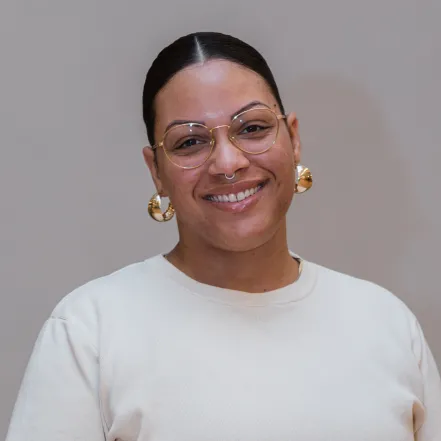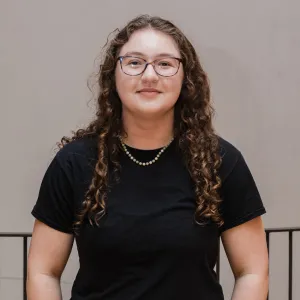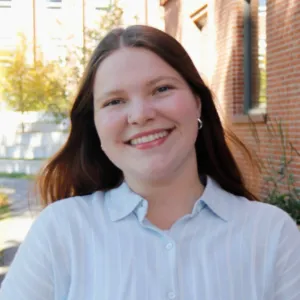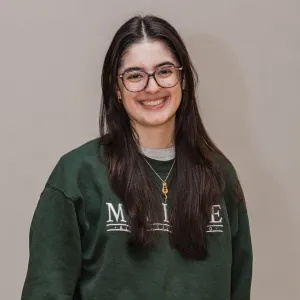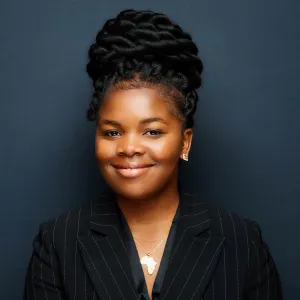September 19
Know Your Money Through Budgeting
Every journey, even a financial journey, needs a starting point. In this workshop we’ll talk about some common places to begin, addressing how to formulate a realistic budget and how to take stock of your current financial situation. All are welcome, regardless of how much thought you've given to your financial future.
September 26
Personal Finance and Psychology
This workshop will focus on the ways our individual backgrounds can impact our relationship with money. We’ll explore how knowing what motivates you can be reflected in the ways you handle debt and credit. This session cannot cover everything, but hopefully you’ll begin to realize that personal finance is just that “personal,” we are not just automatons trying to automate/maximize our finances.
October 3
Banking, Interest, and Loans
Interest and how to navigate it informs a lot of our adult socioeconomic experiences. In this session, we will explore all things banks, interest (the kind you get and the kind you pay) and loans.
October 17
Credit Cards and Credit Scores
Nothing says adulting more than getting your first credit card and wisely handling spending and payments. Learn the economic factors that impact your credit and credit score and tips for staying on top of this potentially costly type of debt.
October 24
Taxes
Everyone pays some form of tax—sales, excise, property, etc. In this session, we’ll explore one specific type of tax: federal income tax in the United States. You’ll learn all about the basics, some of the most common tax misconceptions, and how pre-tax and post-tax deductions impact your paycheck.
October 31
Making Money Decisions
In this session, we’ll talk about general approaches to making financial decisions, such as how to do a simple cost-benefit analysis. We’ll also discuss things that are more personal, such as determining your own risk comfort level with investments. Within this general framework, we’ll talk about conscious spending, insurance, and how to determine when buying quality will save money in the long term.
